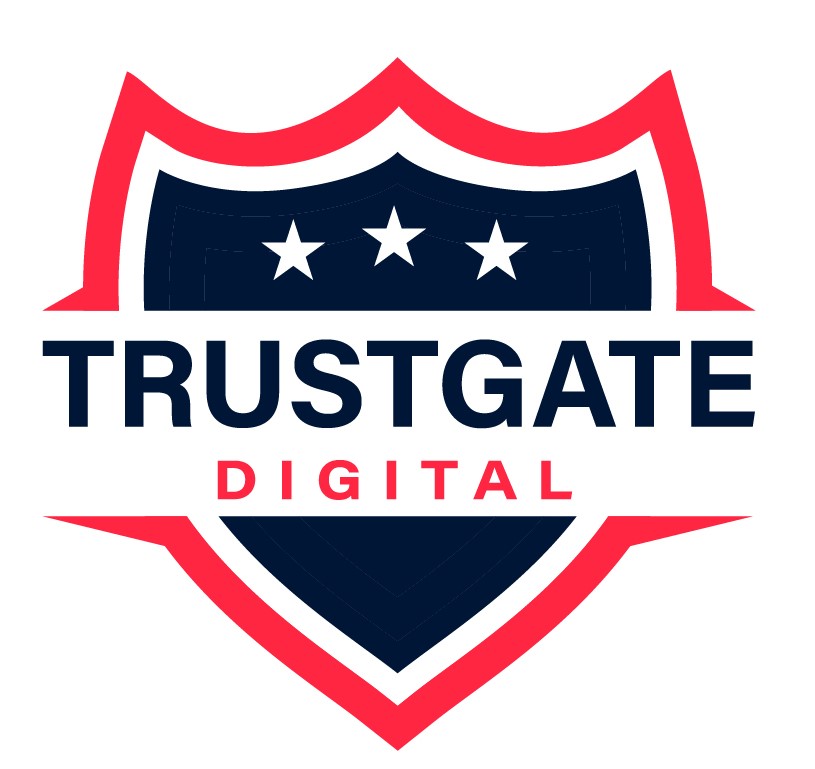Home » Trustgate UID (Universal ID)
Trustgate UID (Universal ID)
What is SSL Certificates?
Secure your website and your users’ transactions with SSL Certificates. A SSL Certificate is a special file on your web server that enables encrypted security for online communications. It creates an encrypted connection between your web server and your visitors’ web browser. It also usually indicated by a padlock icon on web browsers.
Enable SSL Certificates with ease and promotes customer confidence with superior encryption and authentication. SSL Certificate’s function is to establish a secure encrypted connection between a Client and a Server – typically a Web server and a Browser, and protects sensitive data, such as login credentials, identification number, credit card information that are exchanged during each session.

WHY SSL CERTIFICATES?

Better SEO Ranking

Browser Compatible

Satisfy PCI/DSS Requirements

Secure Site Trustmark
The padlock icon next to the URL indicates the website is secured. A safe website can increase customer confidence.

Safe Online Payment Systems
Give customers the payment options they prefer with industry standard SSL certificates for end-to-end encryption protocol.
Enhance Your Web Security with SSL Certificates
Our product experts will guide you through the process.
TYPES OF SSL CERTIFICATES BASED ON THE VALIDATION LEVEL
The 3 types of SSL certificates provide the same level of encryption for each certificate, however, the differ between one another in terms of vetting and verification process required to obtain the certificate.
Domain Validated (DV)
This certificate indicates that a domain is registered and the applicant is running the URL.
- Fast validation process
- No verification document required
- Ideal for personal websites
- Basic security
Organization Validated (OV)
This certificate indicates that the applicant owns the domain while also verifying that it is an actual organization operating in a particular country, state, and city.
- Validation process require additional info to prove that the organization is legitimate
- Business authentication required
- Organization name displayed in the certificate
- Ideal for business websites
- Enhanced security
Extended Validated (EV)
This certificate indicates that the right of the applicant to use specific domain name plus thorough vetting of the organization.
- Validation process includes verifying: the legal, physical and operational existence of the applicant; the identity of applicant matches the official records; the applicant has exclusive rights to use the domain specified in the EV SSL certificate; and the entity has properly authorized the issuance of EV SSL certificate.
- Complete business authentication document required
- Organization name displayed in browser
- Ideal for e-commerce, financial institutions, etc.
- Best security
